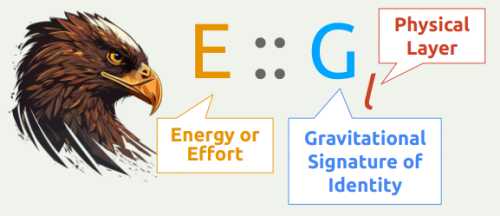The Gravitational Signature
Gravitational Signatures are among the most important concepts in Superphysics


The Conservation Laws
Section 1

Constants as Ratios Between Layers
Section 2

Constants as Ratios Between Layers
Section 4

Gravitational Signatures
Section 4